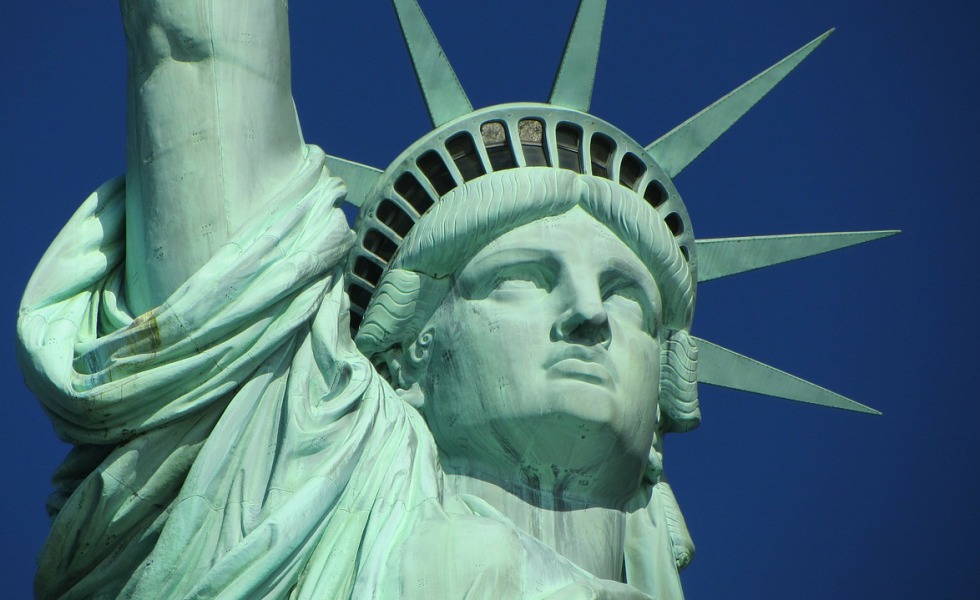The Fourth of July that saved the nation
Posted on August 3, 2024

Farm and Food File for the week beginning Sunday, June 30, 2024
As an end-of-the-road farm boy growing up deep in southern Illinois, the Fourth of July was more of a shadetree holiday from the alfalfa field than a noisy celebration of national independence. Besides, we were more partial to a local hero, Abraham Lincoln, than any frilly “Founding Father.”
That leaning was confirmed a half century later when, on July 4, 2021, I came across an essay by historian Ted Widmer that examined Lincoln’s 1861 Fourth of July, his first as president. In the essay, Widmer explained how one of Lincoln’s first acts as president, a 6,200-word letter to Congress calling it to Washington, D.C. for a special session, set the stage for his future greatness.
The bold act, just four months after his March 4 swearing in, Widmer thinks, was Lincoln using “democracy to save democracy… by asking that the session… meet on July 4” so it might link every American “to the Declaration of Independence, and the memory of a country that began in a most idealistic way.”
Lincoln needed to act boldly; six southern states had left the Union and four more were on the way. Also, Jefferson Davis, the “provisional” president of the fast-forming Confederacy, had already been in office a month longer than Lincoln.
More to the point, Lincoln knew he was no Davis; his single, two-year term in Congress was no match for Davis’s sterling career: West Point graduate, an officer in the Mexican-American War, a former U.S. senator, past secretary of war, and former son-in-law of President Zachary Taylor.
But, explains Widmer, Lincoln possessed something Davis didn’t–an “expansive understanding” of the Declaration of Independence. Lincoln believed that America’s “freedoms belonged to all Americans, including immigrants” and, “in the fullness of time, he expected those freedoms to grow stronger, and reach other peoples, living in what he called ‘the vast future.’”
In other words, all Americans then and now or, as the historian simply notes, “us.”
All that served as a backdrop to the letter itself, a masterpiece in “the way a Fourth of July oration should” be. Equally important, its principled arguments and classic Lincoln lyricism hinted at the greatness yet to come in both his time in the White House and his historical timelessness.
Lincoln, says Widmer, “argued that the war was ‘essentially a people’s contest,’ and reminded Americans that democracy required a fundamental trust in others to work.”
And in language as relevant for today’s red-and-blue politics as that of a nation about to tip into a blue-and-gray Civil War, “If ‘discontented individuals’ attacked the government every time they lost an election, with false ‘sophisms,’”–misleading arguments–“and other ways of ‘drugging the public mind,’ it would put an end to democracy everywhere.”
To ensure that all Americans north and south got his meaning, Lincoln added a punchline, “When ballots have been ‘fairly and constitutionally decided,’ there can be no appeal ‘back to bullets.’”
The letter was a triumph. “As members of Congress listened,” writes Widmer, “they often broke into applause, stunned that their new president had found a language so compelling.”
Later that same day, after reviewing Union troops on Pennsylvania Avenue, Lincoln “hoisted a flag himself, to the top of a tall flagpole.” Afterwards, soldiers did the same and, “The papers reported that the Declaration was read over and over again, throughout the soldier camps.”
One army regiment’s leader, however, asked the new President to speak. Lincoln deferred, writes Widmer, “…by saying that the dignity of his position required that he say nothing at all for fear of misspeaking.”
But, reminds the historian, “He had already spoken volumes through his message to Congress, and his unwavering belief in the Declaration. The real fighting had not started yet, but by winning the day, Lincoln began to win the war.”
© 2024 ag comm
Share This